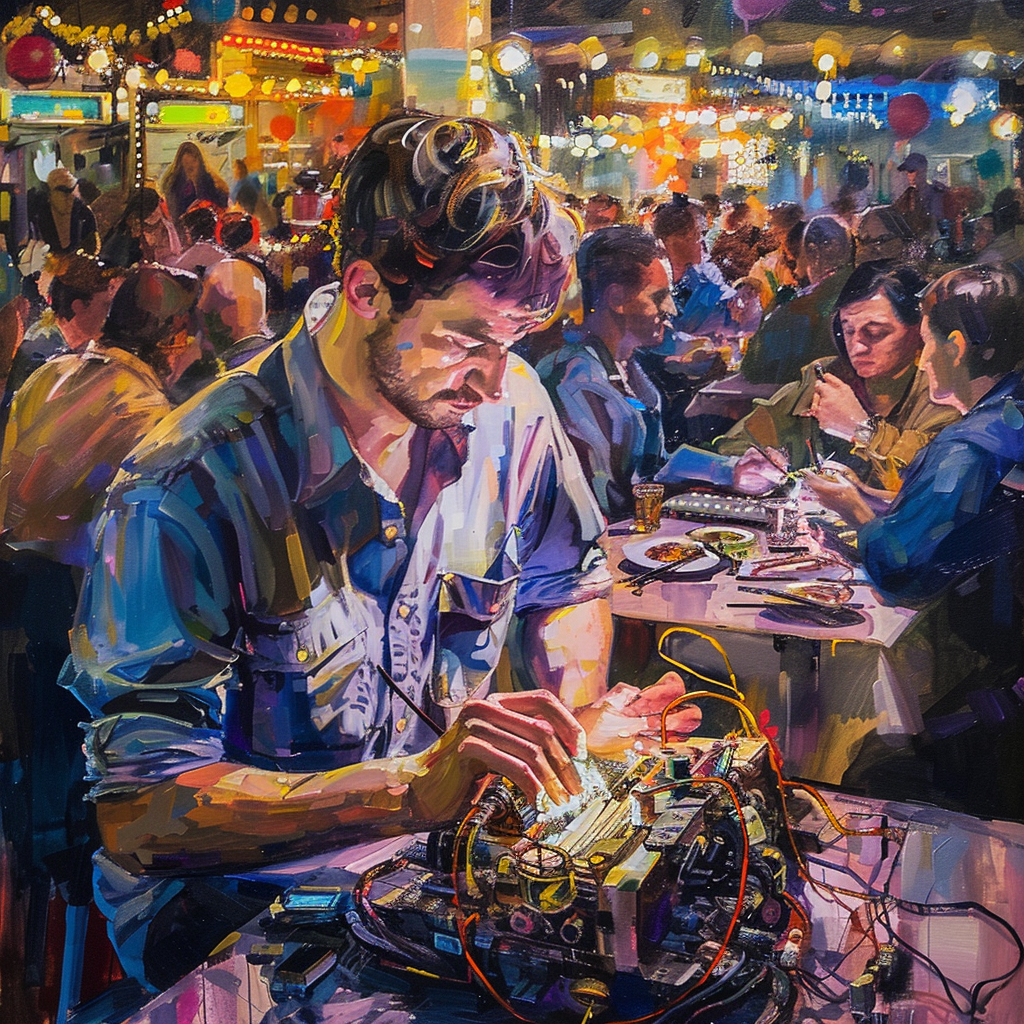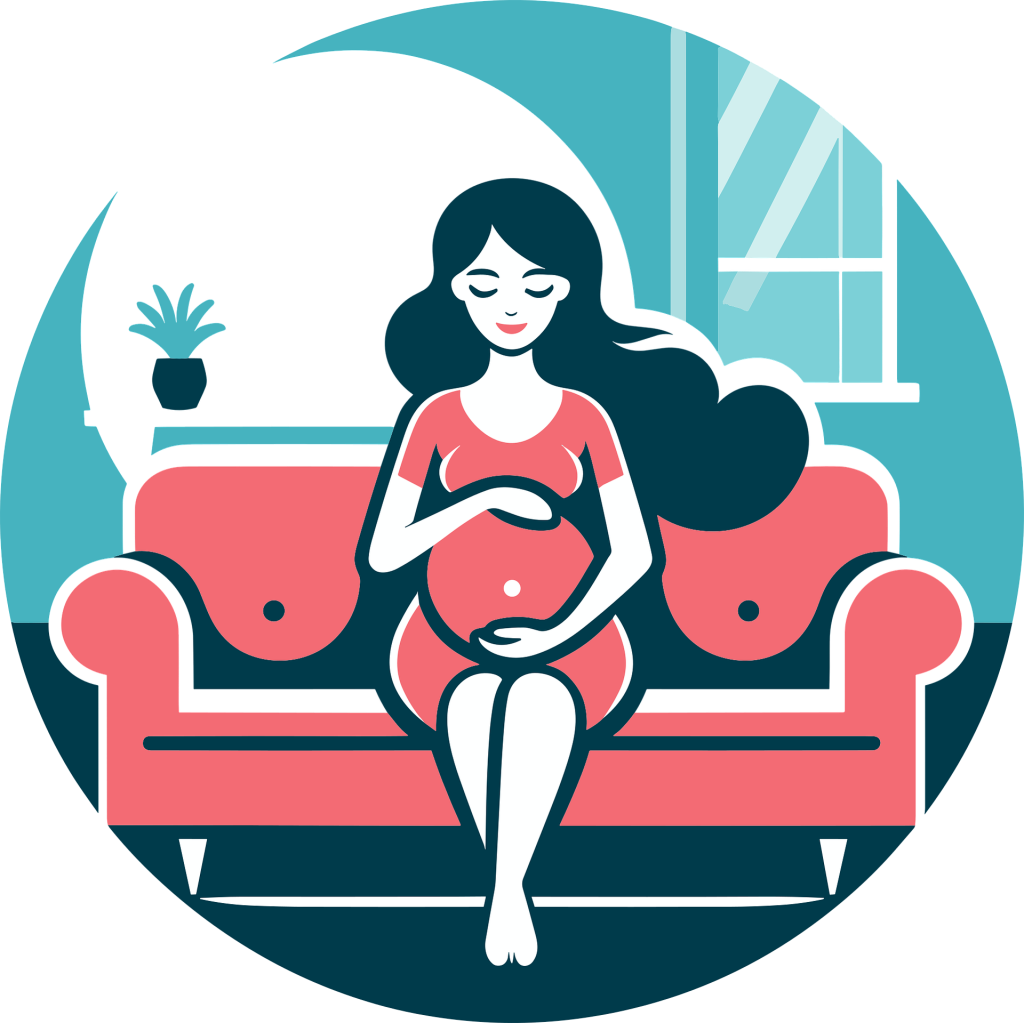Thus far, four of the protagonists of the books in the Merchant and Empire series are unmarried. One is too young and not yet established in business, although his parents are already looking at options. The other young protagonist is a journeyman, and cannot, by law, marry. One middle-aged man is constantly on the move, and has Reasons for not looking for a wife (although that might be changing. Or not.) And one… Is a widower, and his work also keeps him on the move.
Characters do or don’t marry for a lot of reasons, some of which might be important to the plot of the story. Or important to making the author’s life easier. Marriage means family in most cases, at the very least a spouse. Your wandering western cowhand or lawman won’t be able to wander as easily with a wife to care for and help support. Trying to raise children and deal with, oh, fighting dragons or racing off to stop an invasion by a neighboring kingdom or an evil wizard or whatever is a bit harder with toddlers. Now, you might have a married noble who has a very well trained and competent lady back home who can run things and organize troops to withstand a siege. In that case, he’s married but doesn’t have a Trailing Spouse (to use the academic term). Unmarried characters can have possible romances to build emotional tension (will they? won’t they? Stay tuned to find out!). They might also be able to drop everything and run with fewer consequences. The author doesn’t have to worry about “OK, so, Protagonist is off doing this, that, and the other. What’s going on back home, and do the reader and Protagonist need to know about this?”
One down-side to single characters is that they don’t have back-up and help, unless there is a trusted assistant or side-kick. And even then, if the Big Bad does something to the side-kick, your Protagonist is still in trouble. The main character in the book I just finished has a chronic medical condition that incapacitates him on occasion. What then? Granted, it is a trope that as the story progresses, the Raiding Party/ military unit gets whittled down to the Protagonist, who has to do the heroic thing on his own. But he had help getting there, and usually there’s someone to drag his exhausted rump back to the camp fire or armored vehicle.
Another down side is that readers often like for the Protagonist to find a partner and get a Happily Ever After For the Moment. If you are doing romance or something with romance elements, you must have that. So you can start with a single character, but he or she’d best be half of a pair by the end of the story. Westerns are more varied, epic fantasy likewise, ditto permutations of sci-fi. That is, unless you make it very, very clear from the start that your character is a flirt-and-run type. Then you miiiiight want to hint to readers that there’s a reason he or she flees from the sight of engagement tokens*.
If your setting is pre-modern, singletons have other problems. There’s no retirement unless he or she finds a patron. Women were assumed to be suspect if they traveled on their own without a male relative or other chaperone/protector. If you look at the medieval stories about traveling holy women, they were either from the nobility, or had noble protectors, as well as the support of the Most High. Queens and other secular traveling women had escorts and guards, or were part of a large group (pilgrimages). Single men on their own tended to be fair game for bandits and others, and were often assumed to be trouble unless they had a clear sign of protection (monk, Celtic bard or troubador, tradesman with tools and reason for being away from a group). In an unfinished story of mine, the MC is a Celtic bard, so he’s somewhat protected. However, he also goes out of his way – literally – to avoid trouble and groups of people.
There’s nothing wrong with single protagonists. He or she probably has a reason for not settling down to family life, or he might be a widower, for example, or a divorcee. In some ways they are easier to write, for the author. But once you get away from the modern, Western world, single’s not always easier for the character.
Image Credit: Sometimes a knight’s on his own. The Lewis Chessmen, Author Photo, June, 2022.
*Unless you are writing modern fiction, where the MC is a cad but the bad guy is a misunderstood monster, and everything is grey and gooey.





17 responses to “What Do You Mean, No Wedding Bells? Life and the Single Character”
Marrying off characters, at that, signals a radical change in their lives. Series change after characters marry, and it is not an accident that it is not only romances that will shift main characters after a marriage.
I had a character who had been mentioned in an earlier book as a confirmed spinster; a woman of good education, independent income as the last survivor among the children of a wealthy family … and in the book that I wrote later focusing on her, I outlined her disinclination to marry – a deep fear of dying in childbirth.
She was a fictional character, but I do wonder how many other Victorian-era women, seeing the swath that an agonizing death-in-childbirth cut among their peers, friends and close kin quietly decided against marriage.
Another question, more applicable to the 1860s-70s, would be “How many men were available?” After the Napoleonic Wars, England had a dearth of men, ditto WWI. Did parts of the US experience something similar? I know we writers tend to focus on the other skew in the US West, but what about Back East? That, plus what you describe, could play a major role for women with the means to go it alone.
“Did parts of the US experience something similar?”
The US both North and South post Civil War. Not only did you have the casualties from both sides, but a good portion of the Southern men left after the Civil War to make a fresh start on the frontier, economically and reputationally.
The North had some help from immigration. True the Irish were actually (and uniquely) majority female, and later the Russian Jews were only barely majority male — and lots of the men either came to go back (Italian emigrants who returned (not just from the US) to live like lords in Italy were a standard thing) or brought their families later so the male majority was part time lag — but still men immigrated more than women did. And got married, sometimes.
In the ballad “Fair Mary of Wallington” two sisters, the last survivors of seven, swear to never marry because their sisters died in childbirth. Their father forces one of them to marry and she dies in childbirth. The last sister declares she will not, but her father declares he will force her to.
There’s also the issue that, like Charlotte in Pride and Prejudice, they do need to live somewhere. And furthermore children may be your only provision for old age.
There are several series I have read where, when the protagonist gets married, I know it’s going to end badly for the spouse a few books down the road. Jamie Lee Burke’s Dave Robicheaux series, for example. (There a plenty of others.) It is just too good a plot device to have the protagonist go after whoever did his spouse dirty, or simply recover from the loss of a spouse.
Or the unexpected loss of the prospective spouse, followed by the complicated feelings that ensue when a new spousal prospect appears. The protag doesn’t have the civic status of a widow/widower, but that doesn’t necessarily change the impact.
Remember that in some societies — a lot, in fact — a betrothal or engagement is a formal undertaking. The survivor is supposed to mourn properly, even if it’s not so serious as widowed.
And then there’s problems like, if you’re the last surviving heir of a House and you want children, but marrying means you take your husband’s clan name… unless you can convince the guy to abandon his clan name and marry in. (Oh no, what unfilial behavior!)
Or you’re under an assumed identity because there’s a warrant/writ of arrest or execution on you and anyone related to you, and unless you can clear your name you’d bring that down on anyone who got close.
There are many ways single can be safer!
“Or you’re under an assumed identity because there’s a warrant/writ of arrest or execution on you and anyone related to you, and unless you can clear your name you’d bring that down on anyone who got close.”
That’s a standard trope in pretty much every superhero story (as well as fantasy such as Weber’s Bahzell series).
Still a good reason to be single. 😉
And then the author gets the fun of deciding how big a clue-by-four the potential love has to use to get through the armor….😇😏😍
Single characters? Not for long, in my books. They collect wives/husbands/mistresses like a snowball rolling down hill.
Record holder has 18 at the end of his book. 12 of them all came on board at the same time toward the last chapter. Sounds wrong out of context. 🙂
Current WIP the MC ended up with only 2 wives, but 200 children. Again, super wrong out of context. Currently writing the end-of-book party, the two wives and 200 kids getting introduced to MC’s extended family, the clan as it were, at Great Aunt’s 96th birthday celebration. The great aunts and uncles are taking it well, so far. ~:D
Well, an Irish poet would travel with a retinue – at least a reciter and a harper, and probably a few bards and musicians. And the poet’s horse, of course.
There were Irish bards who traveled alone, but a lot of them also traveled with musicians and other entertainers. (Professional farters were a thing, for instance.)
I guess it’s the difference between being a singer/songwriter, and being part of a variety show.
Both of my MCs in my western novels are single and one stays that way for a specific reason. The other one seems to be heading towards finalizing a relationship at the end of the story. The sci-fi MCs have mates.
Being single myself, I do enjoy reading fictional characters find love.